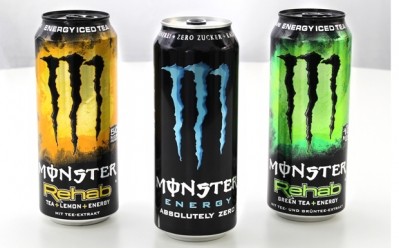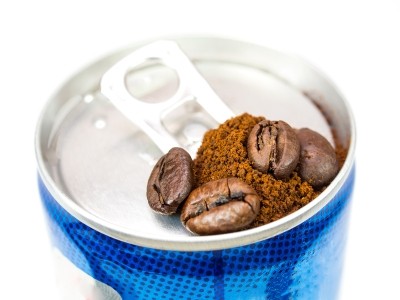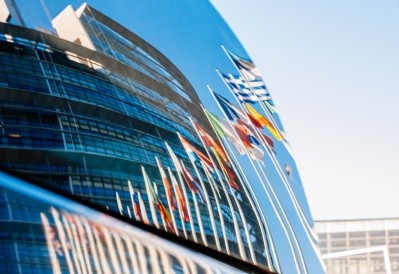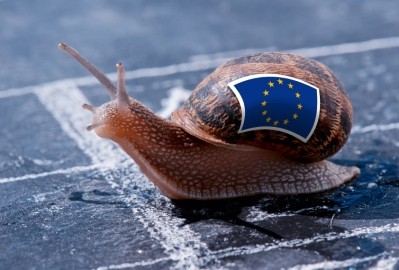Veto motion tabled
MEPs brew final caffeine claims battle as approval beckons
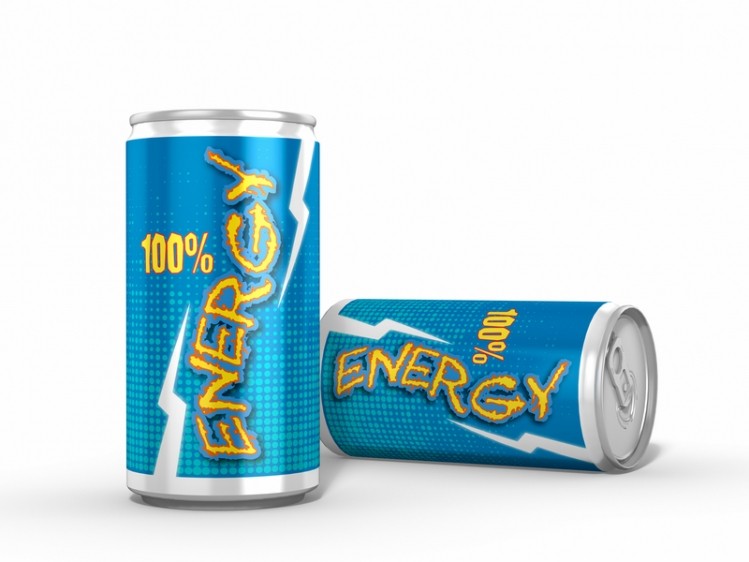
Danish Socialist Member of European Parliament (MEP) Christel Schaldemose has tabled a motion seeking to veto a draft European Commission regulation to approve four caffeine claims.
The motion calls on the Commission to withdraw the draft regulation; consider restrictions on the marketing of energy drinks to children and adolescents; and immediately begin work on establishing the nutrient profiles.
The Environment and Public Health Committee (ENVI) will vote on her proposal tomorrow (15 June).
In an interview with the Parliament's web video service EuroparlTV, she said it was a “stupid idea” to allow manufacturers of sugary energy drinks to make health claims on pack considering possible negative associations with alcohol consumption as well as Europe’s obesity epidemic.
The four claims set to be authorised are:
- “Caffeine contributes to an increase in endurance performance.”
- “Caffeine contributes to an increase in endurance capacity.”
- “Caffeine helps to increase alertness.”
- “Caffeine helps to improve concentration.”
“We’re not talking about banning energy drinks for young people but we don’t think that we should tell them that they are going to get even better to perform for instance in schools.”
Under Food Information to Consumers (FIC) regulation, energy drinks with caffeine content above 150 mg per litre must clearly carry the front-of-pack warning: "High caffeine content. Not recommended for children or pregnant or breast-feeding women."
However, like many concerned about energy drink use, Schaldemose said the reality was that these products were consumed by young people.
68% of teenagers
The motion referenced a 2013 EFSA report, which found 68% of adolescents aged 10-18 years and 18% of children aged 3-10 years were “consumers of” energy drinks.
It also considered the fact that one in three eleven-year-olds are now overweight or obese in Europe.
“We just don’t want to give them [energy drink manufacturers] this additional thing so they can earn a lot of money on a health claim that we think is not suited for young kids,” Schaldemose told EuroparlTV.
The claims have been on hold for five year since their initial efficacy approval by the European Food Safety Authority (EFSA) due to member state concerns about the public health message they would send.
A story of stamina
However after years of uncertainty, movement was seen last year thanks to the publication of EFSA's much-anticipated caffeine risk assessment.
The report concluded that up to 400 mg of caffeine a day and 200 mg in a single session of two hours does not pose a health risk for general population adults. This formed the basis for the Commission’s decision on the five on-hold claims.
In April this year the EU Standing Committee on Plants, Animals, Food and Feed (PAFF) – comprising of member state representatives and chaired by the Commission – voted to back the Commission’s draft proposals to approve four of the claims.
A final fifth caffeine claim for the reduction in perceived exertion/effort during exercise did not make it past this process and was rejected outright by the Commission.
At the time of the PAFF vote, a Commission spokesperson told us: "Member states will have to check translations. The European Parliament will have a three-month scrutiny period and that will lead to adoption by Commission in September at earliest."
A typical can of Red Bull contains 80 mg of caffeine in a 250 ml can.
Andreas Kadi, secretary general of the trade group Energy Drinks Europe (EDE), said EDE supports the authorisation of the claims which were backed by “long-standing scientific evidence” including EFSA’s safety opinion.
Continued uncertainty on the cards?
He called the Commission’s regulation a “crafted compromise” between the European Commission and relevant member state experts.
“Adoption of the proposal would end long years of legal uncertainty,” he told us.
“Rejecting the proposal would mean continued uncertainty, without any compelling rationale or scientific justification.”
EDE members include Red Bull, Bullit Energy Drink, Atomic Drinks, Power Horse Energy Drinks and Truc de Fou.
Its membership Code of Practice goes beyond legal requirements and states labels should include an advisory statement for 'moderate' consumption.
It also states marketing should not target children under the age of 12 and holds that: "EDE members do not sell any beverages which are a mixture of energy drinks with alcohol. We consider the denomination of such premixed alcoholic beverages as ‘energy drinks’ as misleading."
